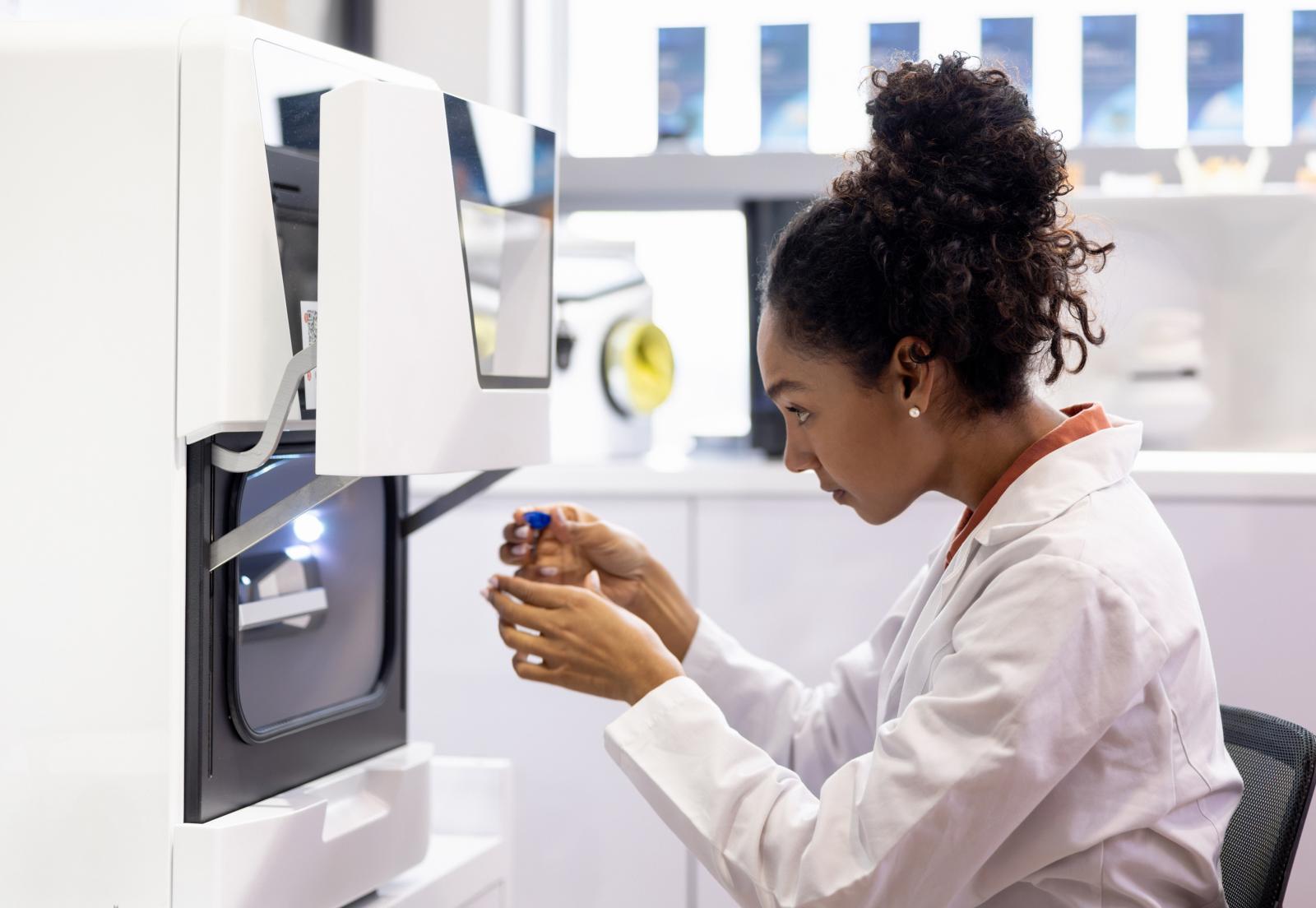Last week, the Medicines and Healthcare products Regulatory Agency hosted a landmark event in Westminster, London, to showcase the progress of the seven newly established Centres of Excellence for Regulatory Science and Innovation (CERSIs)
As attendees flowed into the grand hall of Westminster, the palpable buzz of innovation hung in the air. Among them was Dr. Alice Fenwick, a passionate researcher whose team has been pioneering the use of artificial intelligence in clinical diagnostics. “We stand on the brink of a revolution,” she remarked, gesturing towards a poster detailing her project. Her work is just one of the many initiatives being propelled forward by the newly established Centres of Excellence for Regulatory Science and Innovation (CERSIs).
A Gathering of Innovators and Policymakers
The Medicines and Healthcare products Regulatory Agency (MHRA), in conjunction with critical partners like Innovate UK and the Medical Research Council (MRC), hosted a groundbreaking event that showcased the momentum of these CERSI projects. The assembly united government officials, industry leaders, and academic researchers, all focused on a singular goal: driving advancements in healthcare.
“What we are witnessing today is more than just dialogue; it’s a testament to our collective ambition to shorten the pathway from innovation to patient care,” said MHRA Chief Executive Dame June Raine. The meeting brought together the CERSI leads, offering them a platform to present the development of their initiatives since the projects launched earlier this year.
Revolutionizing Patient Care with AI and In Silico Trials
The integration of AI technologies into patient care emerged as a pivotal theme. Dr. Mark Lowry, a computational biologist, underscored its potential. “AI can analyze data sets more quickly and accurately than ever before,” he explained. “This could lead to unprecedented levels of personalized medicine.” His CERSI project focuses on predictive analytics that aim to optimize treatment plans based on individual patient data.
In tandem with AI, the use of in silico trials—computer-simulated trials—was highlighted. These trials can drastically reduce the time and resources needed for drug development. According to a recent study by the Journal of Regulatory Science, in silico methodologies can cut the average duration of clinical trials by up to 30%, enabling faster access to life-saving medications.
Shifting the Paradigm: Prevention Through Precision Medicine
The dialogue at the event also focused on shifting from a traditional emphasis on treating illness to a more proactive stance on prevention. The integration of pharmacogenomics—tailoring drug therapies based on genetic makeup—has the potential to redefine patient engagement in their own health. This burgeoning field stands to address the unique physiological profiles of individual patients, reducing adverse drug reactions and increasing treatment efficacy.
“With pharmacogenomics, we are not just treating diseases; we’re preventing them,” stated Dr. Emma Kline, lead researcher at a prominent genetics lab. The discussions around these advancements align with the UK government’s broader health strategy, which aims to embrace a preventative healthcare model. “This is where we need to head as a nation,” added Dr. Kline, echoing a sentiment shared by many attendees.
Critical Areas of Modernization
The CERSIs address several high-priority areas that are fundamental to innovation in healthcare:
- Cell and Gene Therapies: Developing laboratory approaches to shared challenges in advanced therapies.
- Manufacturing Modernization: Emphasizing the use of new digital tools in the creation of medicines and devices.
- Data Sharing and Skills Development: Ensuring responsible use of health data and training regulatory scientists effectively.
- Patient and Public Involvement: Integrating patient perspectives to foster responsible and relevant innovation.
This collective focus on modernization paves the way for patients to benefit from innovative treatments more swiftly than previously thought possible.
Keynote Insights
The significance of the CERSI initiative was echoed in keynote speeches by Science and Innovation Minister Lord Vallance and MHRA Chief Executive Dame June Raine. “The future of regulatory science is upon us,” stated Lord Vallance, highlighting the collaborative model that CERSIs represent. “By leveraging our collective expertise, we can ensure that the UK remains at the forefront of global health innovation.”
Their remarks reinforced the community’s commitment to not only develop but also disseminate knowledge that can lead to conclusive improvements in healthcare quality and accessibility.
Challenges Ahead
While the event showcased considerable progress, it also pointed towards challenges that remain. The integration of new technologies and methodologies requires rigorous regulatory frameworks. “We must tread carefully,” noted Dr. Fenwick. “Innovation should not compromise safety.” The emphasis on data sharing sparked discussion around ethical considerations, balancing patient privacy with the need for comprehensive datasets to advance research. “We need to establish trust,” remarked Dr. Lowry, nodding in agreement with others in attendance.
As the gathering came to a close, the energy was unmistakable. The CERSIs, backed by the MHRA and partner organizations, represent a significant leap forward in healthcare innovation. Attendees left with a renewed commitment to transforming the landscape of patient care, ready to tackle the challenges ahead. “Now is the time to turn potential into action,” Dame June Raine concluded, her words echoing long after the event ended, a clarion call for a health system primed for change.
Source: www.nationalhealthexecutive.com


